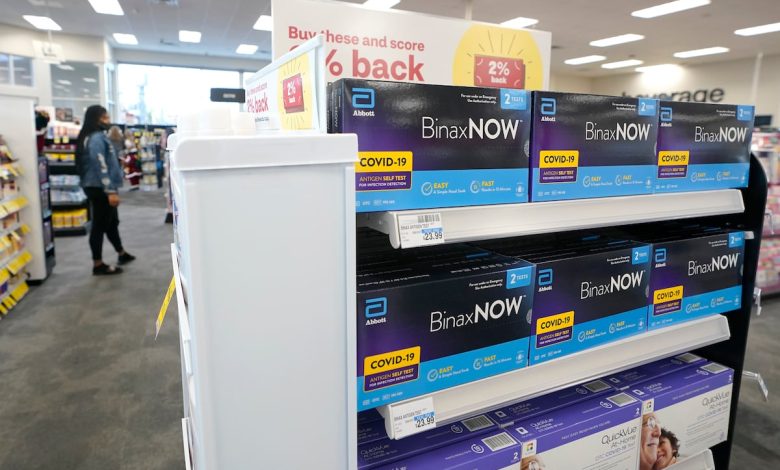VA marks millionth COVID case as officials warn health threat persists

Veterans Affairs medical officials recorded their millionth diagnosed COVID-19 case Wednesday, a milestone that department experts say serves as a reminder that the virus remains a public health threat even years after the height of the global pandemic.
“COVID-19 continues to be the most significant viral respiratory infection in our community,” said Dr. Gio Baracco, senior advisor for the Veterans Health Administration’s National Infectious Diseases Service. “It’s still causing a significant number of illnesses, even hospitalizations and some deaths, although clearly not as many as we had at the beginning of the pandemic.”
More than 1,700 days have passed since VA officials announced their first diagnosed case of the virus on March 4, 2020. At least 26,670 individuals linked to VA health care have died from COVID-related conditions over the last four years, an average of about 16 a day.
RELATED
But the majority of those cases came in the first two years of the pandemic, which was declared over by federal health experts in May 2023.
Since the start of 2024, VA has recorded only about 67,000 new cases (about 7% of the total diagnosed by the department) and 1,100 COVID-related deaths (about 4% of the department’s total).
Baracco credited those improvements to advances in vaccines and treatments in recent years.
“We’re not addressing COVID-19 in crisis mode anymore,” he said. “Because of the tools and the focus on prevention that we have at this time, we have been able to mitigate the severity and the impact in most people.
“But not in all people.”
Patients in the VA health care system remain vulnerable to more serious complications from COVID-19 because of their age — most tend to be older than the average American — and other existing medical issues — most tend to have other service-connected conditions — Baracco said.
That’s the main reason VA continues to track active cases at hundreds of department sites daily, even after most federal monitoring of COVID cases was shut down at the formal end of the national pandemic.
“COVID-19 has not yet established itself as a seasonal disease like the flu has, so it’s not as predictable,” Baracco said. “Something is really considered endemic when it becomes predictable. Right now, with COVID, we are seeing at least two waves each year, sometimes three per year.”
He foresees VA continuing to track virus cases for at least several more years, providing a guidepost for the department — and the public — to see when cases are spiking or diminishing.
As of Tuesday, the number of active cases spread out across the VA medical system was 1,538, down about half over the last month and far below the 2024 peak of 9,688 cases set on Jan. 9.
But even that number is a small fraction of VA’s one-day record for COVID-19 diagnoses: nearly 78,000 cases in January 2022.
The department still recommends patients and their families get vaccinated when updated versions are made available, wear masks in public areas during times of higher infection and avoid crowds if they believe they may be infected.
“The approach moving forward is not so much about treating disease, which we still continue to do, but also to prevent getting ill in the first place and prevent infecting others,” he said.
Leo covers Congress, Veterans Affairs and the White House for Military Times. He has covered Washington, D.C. since 2004, focusing on military personnel and veterans policies. His work has earned numerous honors, including a 2009 Polk award, a 2010 National Headliner Award, the IAVA Leadership in Journalism award and the VFW News Media award.
Read the full article here







